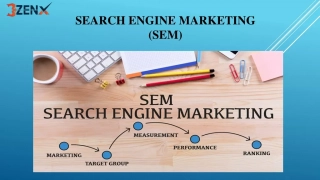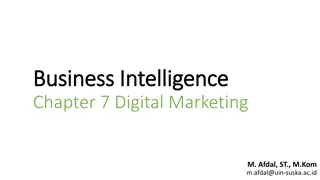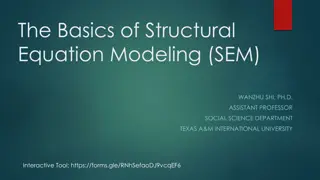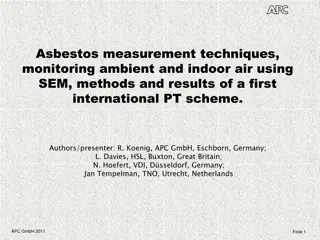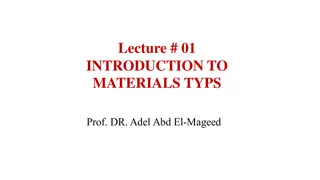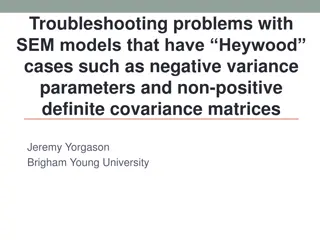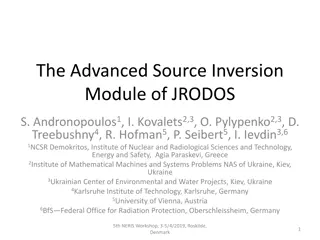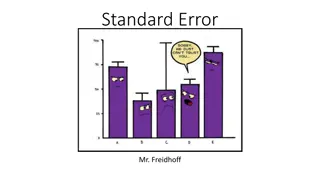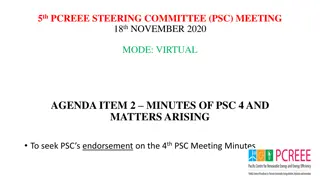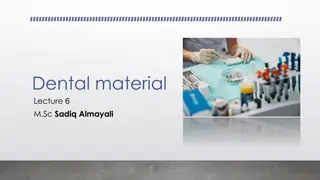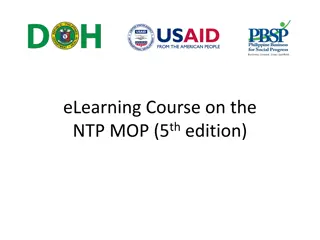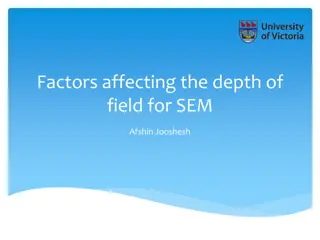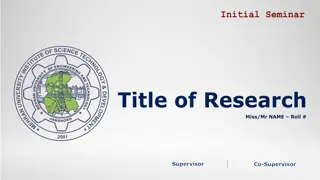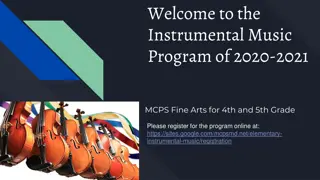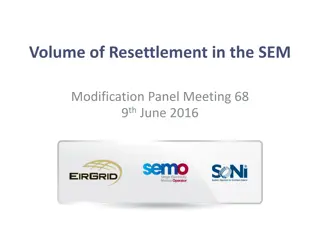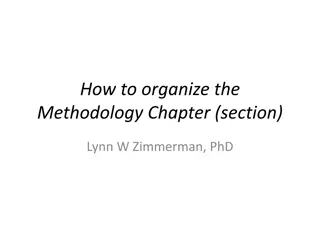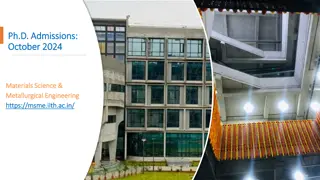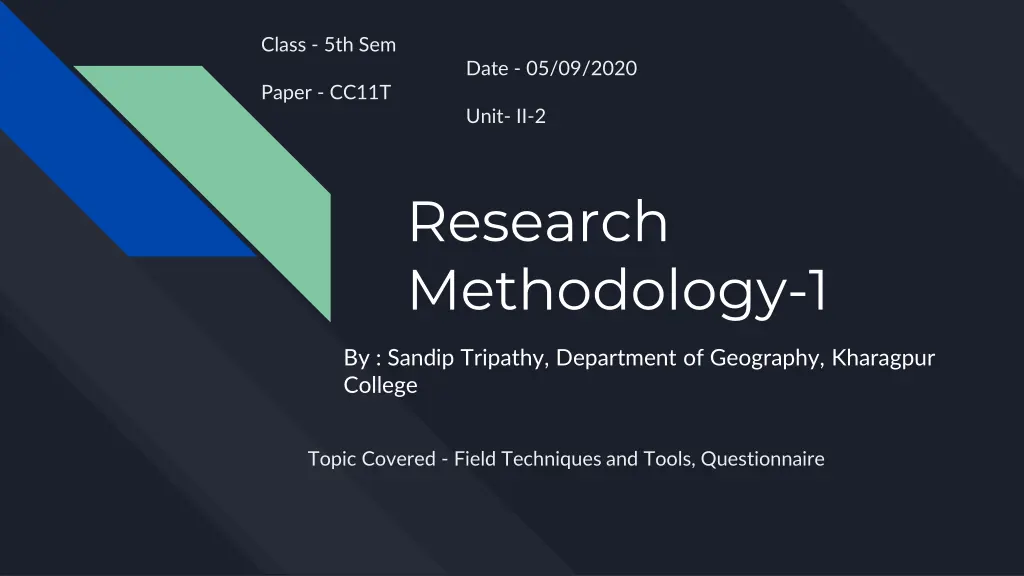
Field Techniques and Tools in Research Methodology
"Explore the significance of field techniques and tools in research methodology, covering topics like questionnaire, data collection, observation, and more. Understand the steps, reasons, advantages, and disadvantages associated with field techniques. Enhance your knowledge about conducting research effectively and efficiently."
Download Presentation

Please find below an Image/Link to download the presentation.
The content on the website is provided AS IS for your information and personal use only. It may not be sold, licensed, or shared on other websites without obtaining consent from the author. If you encounter any issues during the download, it is possible that the publisher has removed the file from their server.
You are allowed to download the files provided on this website for personal or commercial use, subject to the condition that they are used lawfully. All files are the property of their respective owners.
The content on the website is provided AS IS for your information and personal use only. It may not be sold, licensed, or shared on other websites without obtaining consent from the author.
E N D
Presentation Transcript
Class - 5th Sem Date - 05/09/2020 Paper - CC11T Unit- II-2 Research Methodology-1 By : Sandip Tripathy, Department of Geography, Kharagpur College Topic Covered - Field Techniques and Tools, Questionnaire
Research Methodology The Process of conducting research is called Research Methodology The concrete, structured way to conducting step by step research To find out the information properly from gigantic heaps of information Depending on situation and subject variability, research method also changes It is more easier to grasp the information easily for all Universally Accepted format that can be very easy to follow Emerged as a separate subject after implementing all the matters it possess.
Field Techniques Field Research is defined as qualitative data collection method, through which observe, interact and understand people in his natural environment It may consists of Direct Observation, Limited participation, Analysis of documents, Informal Interview, Survey Direct Observation Participant Observation Ethnography Qualitative Interview Case Study
Steps of field technique - - - - - - Build the right Team Recruiting People for the study Data collection methodology Site Visit Data Analysis Communicating Result
Reasons Of Field Technique - - - - To overcome lack of data Understanding the context of study Increasing the quality of data Collecting ancillary data
Advantage and Disadvantages Field Technique - - - Manipulating of Variable is not considered Ancillary topics Deep Understanding - - - - - Expensive Difficult Tough to follow Depended to researcher bias
Questionnaire - Questionnaire means a set of questions to a specific objective for getting information from a focused group Generally sampling is associated with it Direct Questionnaire Email Questionnaire Internet Questionnaire Mobile Questionnaire - - - - -
Type of Questions Questionnaire - - - - - Open ended questions Closed ended questions Structured questions Semi structured questions Non-Structured questions
Observation Participants - Information is sought by way of Investigator s own observation without asking to respondent Advantages Subjective bias can be eliminated if implemented accurately The information gathered only is currently happening, not mixing complexity with past phenomena This does not need the willingness from respondent. Limitation Very Expensive technique Only Limited Information can be gathered Unforeseen factors may interfere the observation - - - - - - - -
Observation Non-participants - Non participant observation is a type of observation where direct observation is not required It can be entering into social system or community system involved Or may be staying separate from the observation is going on Observation process is a three stage funnel (James Spradley)-Descriptive Observation >> Focused Observation >> Selected Observation Generally in Nuanced and dynamic situation, it is used. Limitation The Observer Effect, Objectivity of the Observer, Selectivity, Ethical Concern - - - - - -

